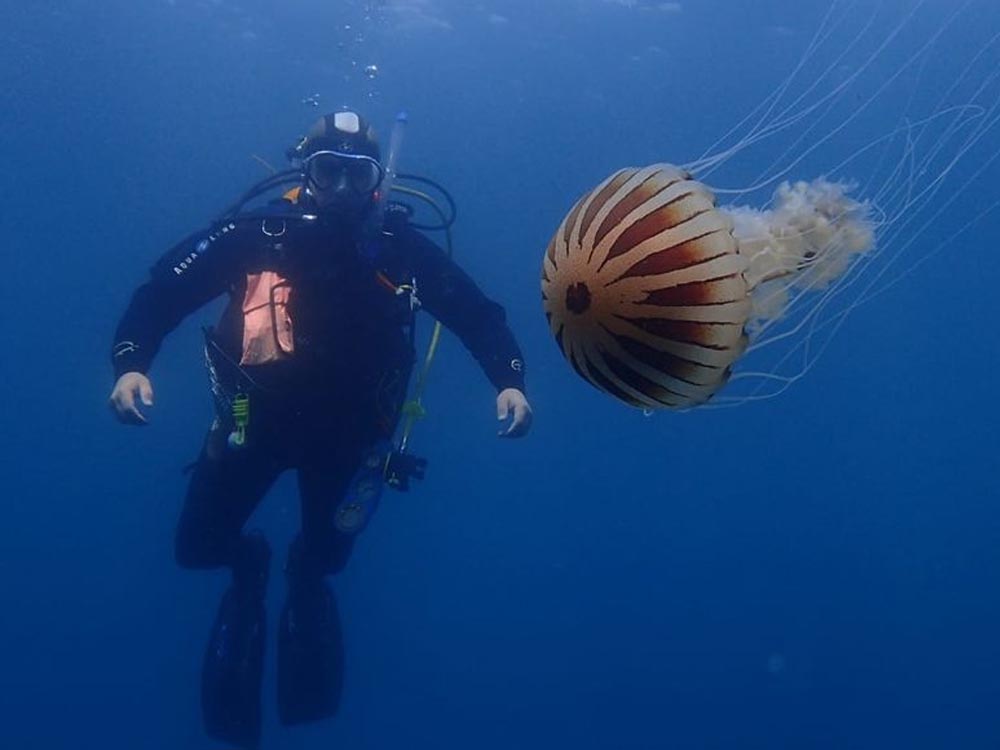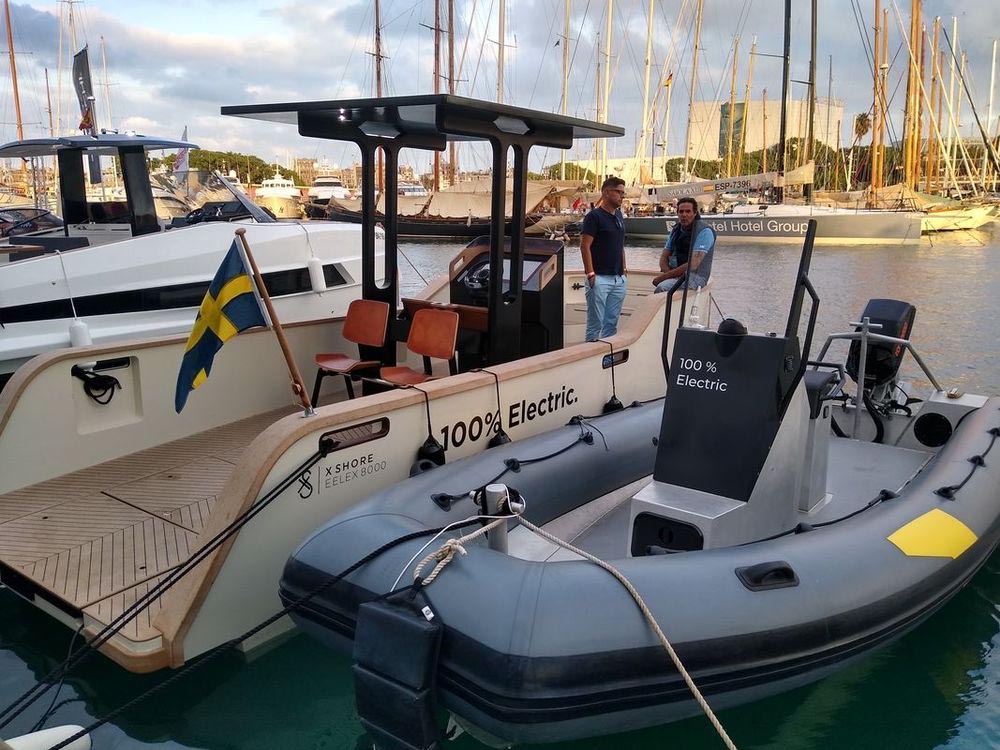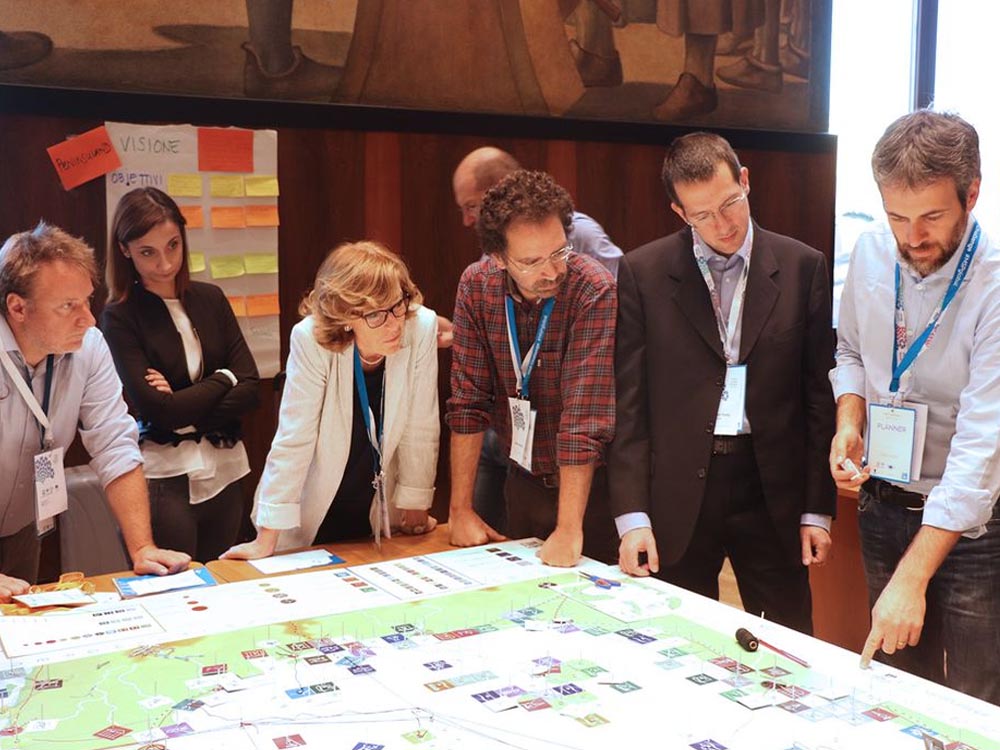PHAROS4MPAs
Safeguarding Mediterranean MPAs in order to achieve Good Environmental StatusProject presentation
The development of Blue Economy and Maritime Spatial Planning in the Mediterranean represents a transnational challenge for MPAs. Many maritime sectors are likely to operate more frequently inside and in the vicinity of MPAs with expected growing environmental impacts, while at the same time, the Marine Strategy Framework Directive requires to reach Good Environmental Status of the European Seas by 2020.
Numerous EU projects and other public initiatives have published results and issued recommendations regarding MPAs and their interactions with economic sectors but an integrated approach for the Mediterranean is clearly lacking.
The PHAROS4MPAs project seeks to capitalise on existing results, and ultimately deliver an integrated framework for recommendations on the necessary practical collaboration between Mediterranean MPAs and 8 maritime sectors: offshore windfarms, maritime traffic and ports, cruise & super yachts, scubadiving, leisure boating, recreational fisheries, aquaculture, small scale fisheries.
Partnership
Lead partner
World Wide Fund for Nature - France (France)
7 Partners
9 Associated partners
10 Countries
Key messages
For managers
- Engage in planning processes (MSP and ICZM) that concern the MPA and surrounding areas;
-
Monitor impacts of the blue economy within and in the proximity of your MPA;
-
Integrate recommendations on the interactions between economic sectors and the protected areas in MPA management plans;
-
When relevant, advocate for adequate buffer zones around MPAs to avoid pressure from economic activities at their boundary.
For policy
- Avoid development in sensitive areas, for example ecologically fragile areas should be kept entirely off limits (WWF is pushing to have 30% of the Mediterranean waters under protection);
-
Reduce impacts, where the environmental impacts of each activity should be assessed and where interaction is unavoidable limits should be imposed;
-
Consider the bigger picture. Maritime spaces should be spatially planned and organised so that marine resources can be used in a more sustainable manner: ecosystem-based maritime spatial planning has a key role to play here.





